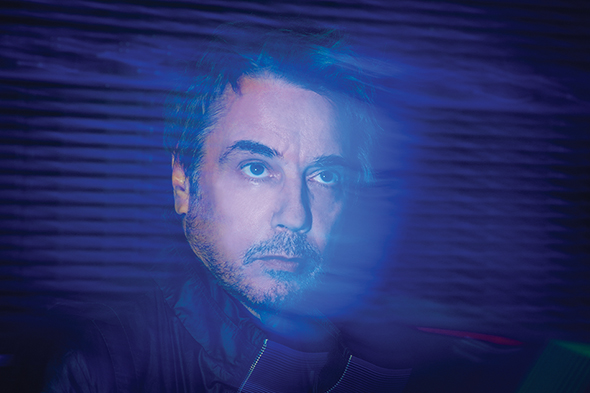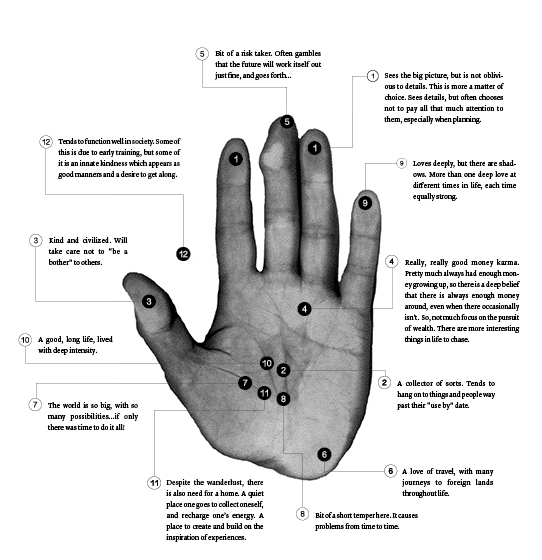
Jean-Michel Jarre is known as the iconic Electronica pioneer of our time. It’s a blanket term to summarize the man who has fought relentlessly for a musical and humanitarian vision to come into fruition. When Jarre released his breakthrough album Oxygène in 1976, it was an international success that topped the charts. People gravitated to Jarre’s music and he currently holds the Guinness World Record of 3.5 million people attending a single concert in Moscow. For over four decades, Jean-Michel Jarre has helped shape the genre of Electionica music with no signs of stopping. This year, Jarre received his second Grammy nomination for his latest album Electronica 1: The Time Machine. He is also an Ambassador for UNESCO, contributing to the awareness of two key UN Millennium projects “Water for Life” and “Education for All.” He’s a resistor who fought for a musical vision and used that platform to bring unification and good into the world. Now, Jean-Michel Jarre is on his first North American tour, performing through May.
As you were still exploring uncharted territory creatively, what kept you from doubting yourself?
Making music is an addiction for me, it’s not something that you do by choice, for fame, or money, or recognition. It’s something that you do because you can’t do anything else. Then doubts of the value of what you’re doing are a constant for me, but I always had the conviction that electronic music would one day would be everywhere for a very simple reason. It’s not a genre, but rather a new way of thinking, writing music, composition, production, even distribution through the internet today. It’s a new approach to music creation.
Tell me about the process of creating Oxygène?
I know that in the days of the first Oxygène, I was almost obsessed with trying to create a bridge between experimental music and pop. I always considered that the melody is the most important thing in whatever kind of music you do. So mixing melodies with unusual sounds has always been the descent, the heart of my music.
When you first started, was it difficult to communicate your vision to people?
It was difficult with electronic music in those days. You get this very contemptuous and reactionary attitude toward any form of progress: classical music rejecting the beginning jazz, jazz rejecting the beginning of rock, rock rejecting electronic music. It’s strange how generation after generation, there’s this narrow-mindedness about any change or progress. My first piano teacher was a very sadistic woman. She was hitting my fingers all the time because when I was about to play a piece of music decently, I was always trying to change the melody. She couldn’t stand that. I thank her though, because it gave me this understanding of the outside world. I was raised with this idea that when society is generating ideas or acts that may harm our community, someone has to stand up against it. That’s why I did a collaboration with Edward Snowden because this young man reminded me of my mom, who was in the French Resistance against the Nazis. Every social act of progress in life has been against the power in place. We should never forget that.

Text by Zee Chang

